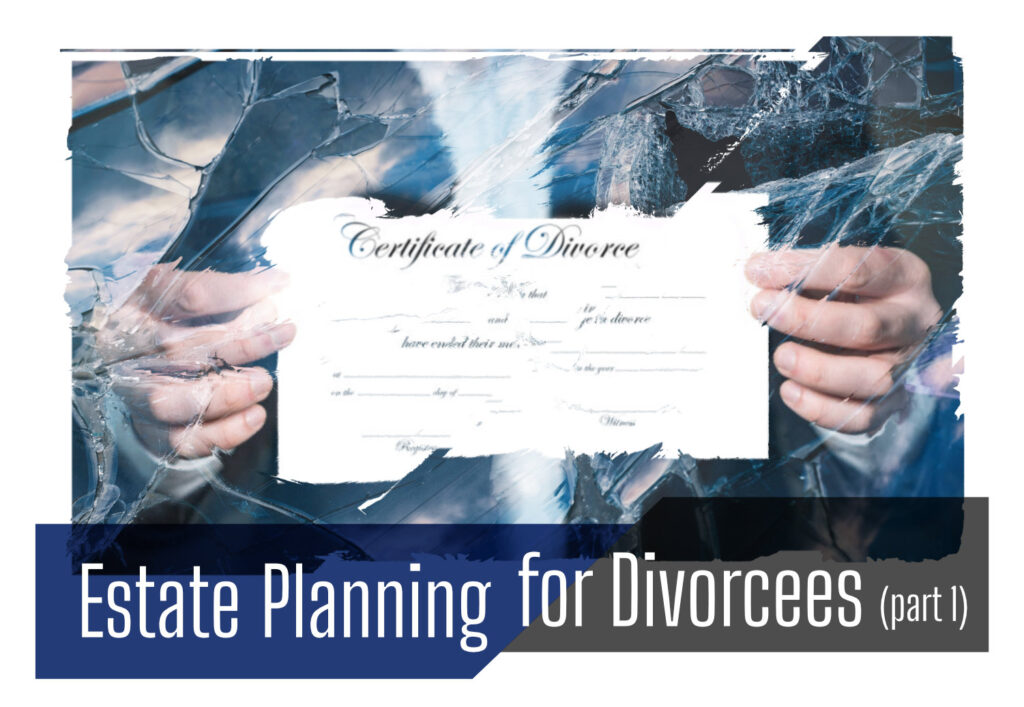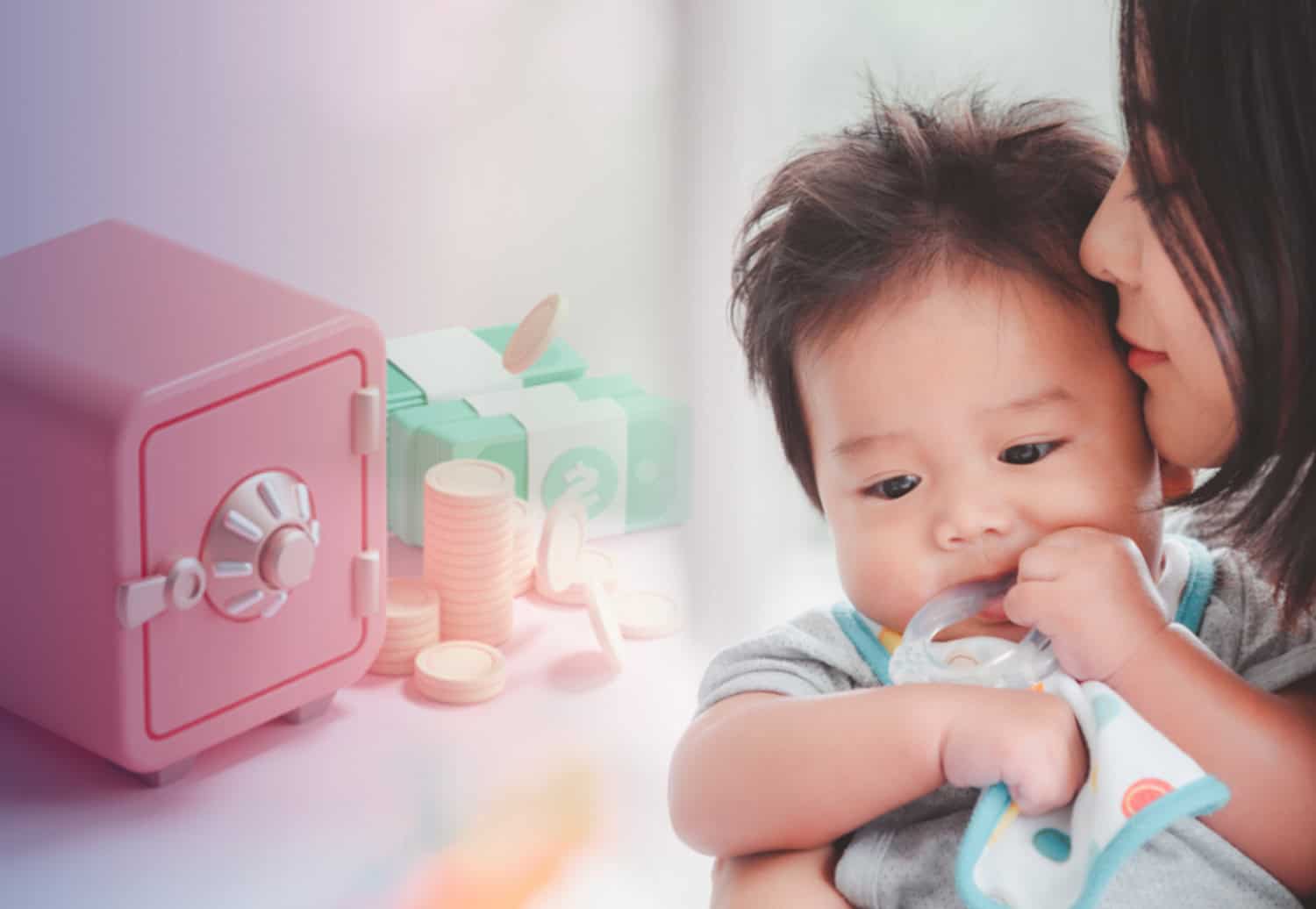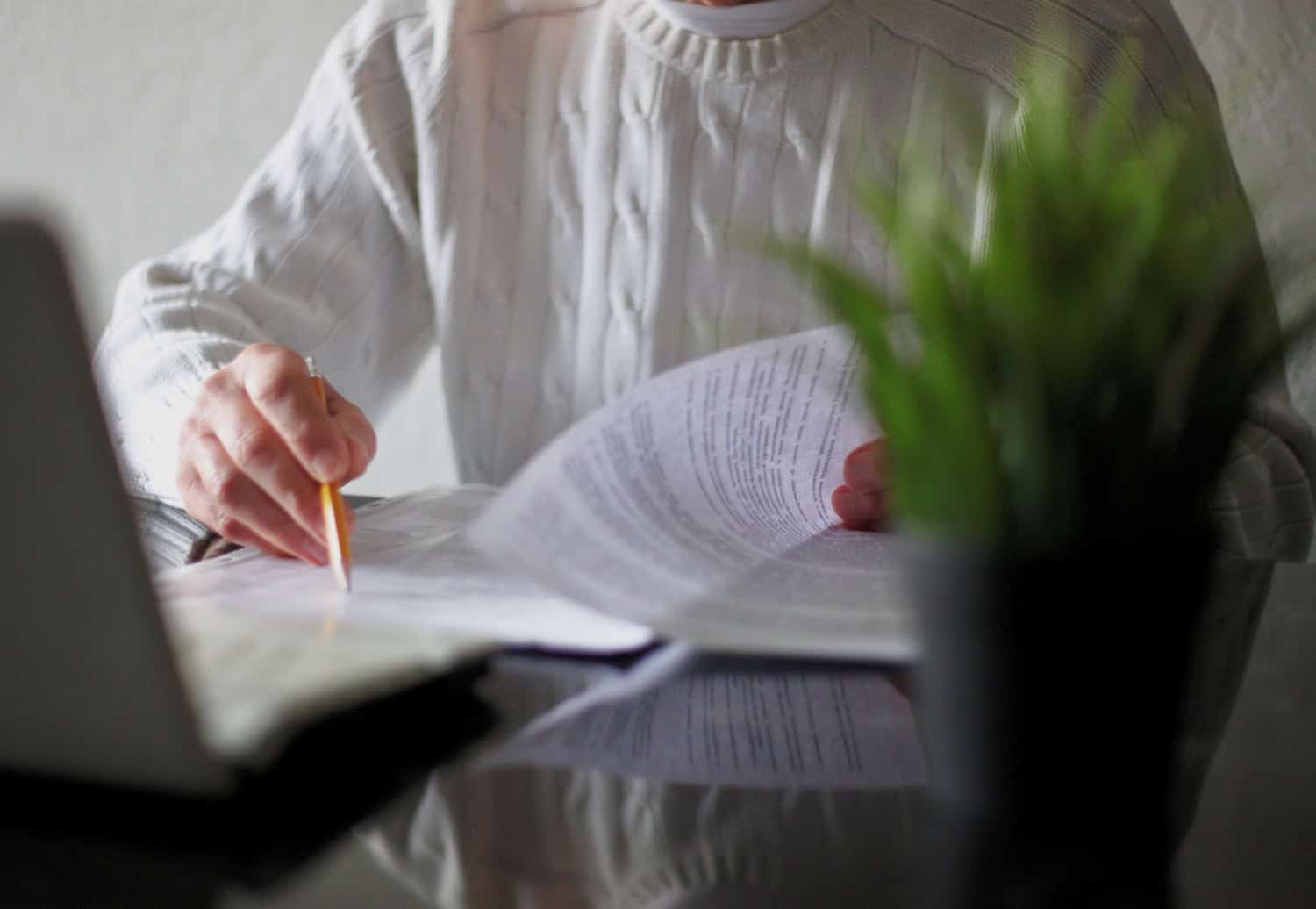Lisa Gay (Business Executive, Marketing Department, Precepts) caught up with Ms Lim Kim Hong and Hwee Heng (Head of Marketing Department, Precepts) to understand more about estate planning for divorcees. Ms Kim, fondly known as Kim, has been practising law as an advocate and solicitor since 1988. She runs her own practice, Kim & Co for the last 17 years. Below are some questions during the discussion that are commonly asked by many of Precepts clients.
LG: What is the demographic trend for divorces in Singapore currently?
HH: The divorce rate is around 7% per year of the total married residents. There are on average more than 5,000 civil law divorces per year. For marriages, today about 17% of marriages involve a spouse who is into a 2nd or 3rd marriage.
LG: What is the difference between the terms “Custody” and “Guardianship” when it comes to the care for the children for divorcees?
Kim: During a divorce settlement, the judge will make final decision on the care of the children after the divorce between the two parents. Custody is the right to make major decisions for the care of the children. The Judge will award the following to either party:
- Care and Control to the parent who will handle the daily affairs of the children.
- Access to the party who does not have the daily care and control so that this parent will still be able visit the children on a regular basis in order to build his or her relationship with them. Examples of Access will be access rights to the children during weekends, public holidays and school holidays.
- Custody is where the parents will have the right to make long term decisions for the children. In Singapore, the courts usually award joint custody for both parties as the courts lean towards co-parenting such that both parties should be able to share in the making of long term decisions for the children.
- Hence usually one parent is likely to have the care and control and joint custody, while the other will have access and joint custody.
HH: The term “Guardianship” is used in Wills where the testator (the person making the Will) states his/ her wishes the person or persons who are to take care of the children upon the demise of the parent or both parents.
Kim: The responsibility of the guardians is also to handle the long-term welfare of the children. Usually, the guardians will also handle to the daily care and control of the children.
LG: We usually see cases where divorcees will ask if they can exclude the ex-spouse from the lives of the children for a variety of reasons after their demise.
Kim: Under the law, the surviving parent is the natural guardian for the child. The surviving parent’s rights to guardianship cannot be taken away via a Will made by the other party, even if this parent has been given the Care and Control in the divorce settlement. Hence the testator can only appoint a joint guardian to act with the surviving parent. For example, the testator, who is the mother, can appoint a joint guardian (e.g. her sister) in her Will to act with the ex-husband.
LG: Who will the children stay with then? Can they stay with the joint guardian, e.g. sister of the mother, after their mother’s demise, while the ex-spouse will remain as having access on weekend basis, just like the divorce settlement?
Kim: If the appointed guardian through the Will is able to work out an arrangement with the deceased’s ex- spouse on the daily affairs of the children, then there is no need to seek court guidance and decision. There might be situations where the ex-husband may already have his own family and is ok to maintain the current arrangements as per the divorce settlement. For example, the children are schooling near the sister’s place or the ex-spouse has a job that requires extensive travelling (during pre-Covid normal times), hence he is fine to allow the joint guardian (sister) to take care of the children on daily basis.
If it goes to a court decision due to unresolved conflicts, the court will usually hear the children out, if they are old enough, and make decision based on the welfare of the children. These decisions are usually made after more in-depth understanding, possibly through interviews conducted by social workers.
The joint guardian appointed in the Will can still let the surviving spouse take care of the children on a daily basis and just be involved in long term decisions of the children. This is especially so if the surviving spouse has a good relationship with the children and is a good parent. A breakdown in the marriage does not necessary implies one party is a bad parent.
LG: What if both parents pass away and both parties have a different guardians appointed in their respective Wills?
Kim: The law does provide for such a scenario. The guardians appointed by both the respective parties in their separate Wills will act jointly together.
LG: What other considerations should divorced parents pay attention to with regards to guardianship of the kids?
Kim: The divorcee also should note that the guardians need not necessarily be the trustee in the Will. The role and responsibility of the trustee are quite different. The role of the trustee is to distribute the estate of the testator which shall include what is set aside for the children within his/ her estate, based on the intentions stated in the Will.
For example, the joint guardian appointed in the Will is the sister of the mother, while the trustee for the estate can be the brother of the mother or a professional trustee company like Precepts Trustee.
HH: One frequent mistake or misconception is to word the Will such that monies are given to the guardians, instead of the children!
LG: This does not really make sense. Why do testators make such decisions?
HH: Some testators think that in their Wills, they should give the monies to the guardians and then the guardians will do what is necessary for their children. Their concern is that if they give the monies to the children, the ex-spouse will take it away from the children. So, they choose to will their monies to the guardians instead, expecting the guardian to know what to do. There can be risk in this approach. For example, if the guardian passes away, these monies will belong to the guardian’s estate. Or the guardian can misuse the monies, become bankrupted or be divorced.
The better way is to have the monies provided for the children in the Will through a testamentary trust. The testamentary trust will be managed by the trustee specifically for the kid’s maintenance, education, insurance and holidays expenses.
There should also be a separate provision to provide a token sum for the guardian’s thankless task of taking care of the children on behalf of the testator. An annual token sum can be provided to the guardians if they are managing the daily needs of the children.
Sometimes there are challenges when the testator’s side of the family do not get along well with the surviving spouse who now has the child’s daily care. The divorce may have resulted from the breakdown in trust in the relationship concerning poor financial habits of one party. Hence the trustee must deal with the passing of monies on regular basis meant for the children but in the hands of the ex-spouse who lack financial maturity to handle moneys.
This article was first published in our newsletter, The Custodian Issue 18 on July, 2021. Click here to access our latest newsletter.










